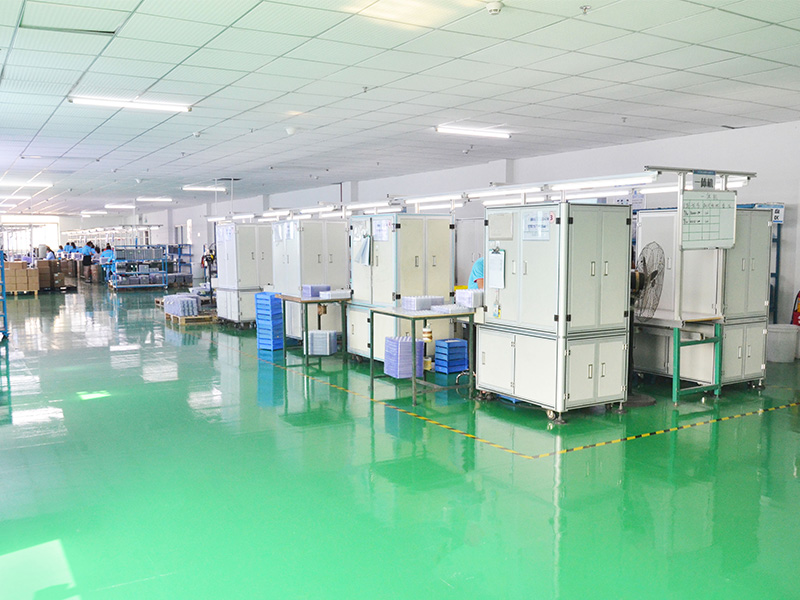1) Good safety: lithium polymer battery is packaged with aluminum-plastic film in structure. In case of potential safety hazards, lithium polymer battery generally inflates first, or splits from the seal to release energy, while the metal shell cell is more likely to produce large internal pressure and explode.
2) High specific energy: lithium polymer battery is 40% lighter than the steel shell battery with the same capacity and 20% lighter than the aluminum shell battery, so it has high mass specific energy; lithium polymer battery has 10-15% higher capacity than steel shell batteries of the same specification and size, 5-10% higher capacity than aluminum shell batteries, and higher volume specific energy.
3) Good electrochemical performance and long service life: lithium polymer battery has small internal resistance, which can greatly reduce the self power consumption of the battery; In addition, lithium polymer battery has a longer cycle life.
4) Flexible design: the size and shape of lithium polymer battery can be customized according to customer needs, and new cell models can be developed. Disadvantages of lithium polymer battery : poor consistency, high cost, easy to leak and swell, and additional shell is required in the group process, and the complexity of pack process is high.


 Mobile/Whatsapp 0086-18695800088
Mobile/Whatsapp 0086-18695800088 